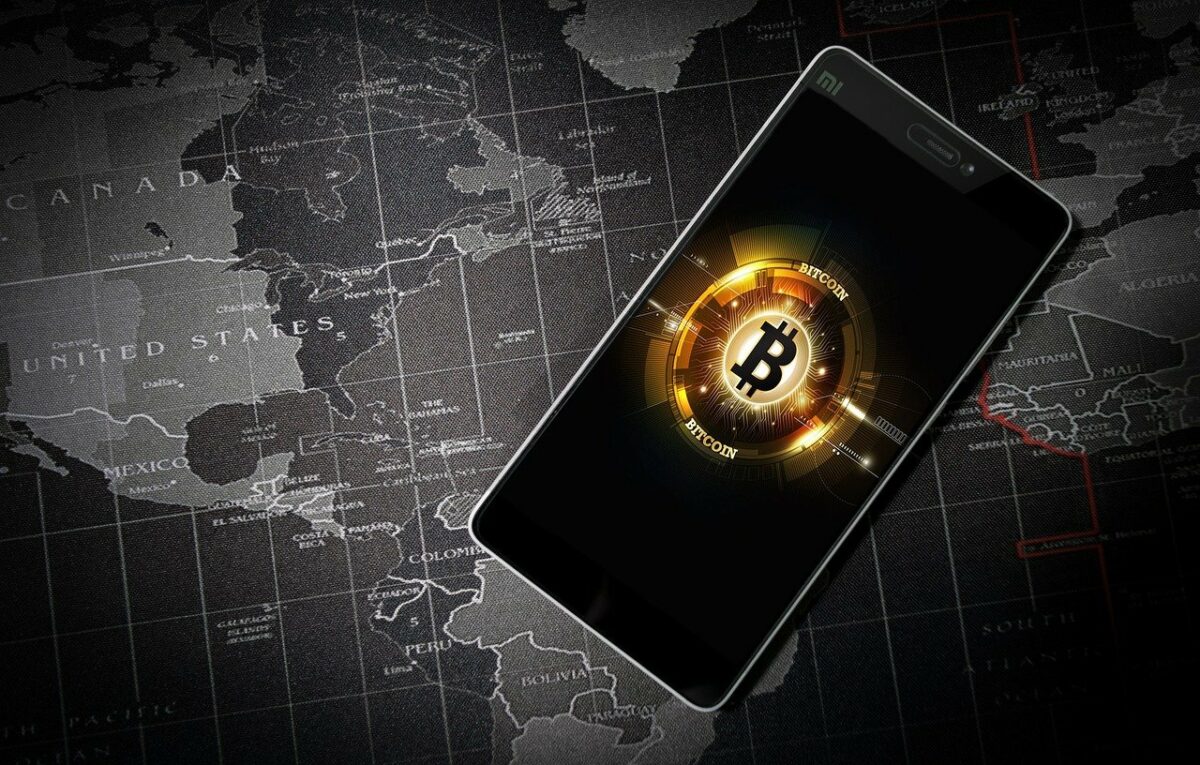Is Bitcoin going ‘in reverse’ as it faces ‘first real test’ in El Salvador

El Salvador’s adoption of Bitcoin as legal tender earlier this week made the whole cryptocurrency community rejoice. While many believe this to be an important milestone in the path towards financial freedom, some have suggested that other countries should follow suit too.
Even so, it’s worth noting that the aforementioned roll-out hasn’t escaped criticism. Most notably, proponents of traditional finance have criticized this step, including the IMF.
The latest to join this bandwagon is Fidelity’s Director of Global Macro Jurrien Timmer. In fact, according to the exec, the move might have been “blown out of proportion.”
During a recent interview with CNBC, the exec opined that while El Salvador’s Bitcoin move is a “new and interesting development,” it has been “a little bit overplayed.”
“Because it’s not like El Salvador has dropped the U.S. dollar as its peg. It’s not like it switched from dollars as its currency peg to Bitcoin.”
In stating so, the exec also claimed that the importance of the dollar hasn’t faded, with merchants and citizens still having the option to choose which currency they want to transact with. Usage will be purely on a voluntary basis, he said.
That doesn’t seem to be the case, however, as according to reports, businesses that refuse to make transactions with Bitcoin and don’t use the national Chivo wallet will face sanctions under the country’s Consumer Protection Law. Such sanctions would be contrary to what President Nayib Bukele had claimed previously.
In any case, the Fidelity official believes this will be Bitcoin’s “first real test” as a medium of exchange, instead of a store of value.
During the aforementioned interview, he also compared this next phase in Bitcoin’s history to “an adolescent coming of age,” much like gold in the 1960s. However, the primary difference between the two, he noted, is that while gold went from “being money to being an asset class in the 1970s,” Bitcoin’s may be going in reverse.
Curiously, the country’s official adoption of Bitcoin also corresponded with the crypto’s price tanking to under $43,000 at one point. President Bukele did make the most of it, however, since he bought hundreds of BTCs during the dip.

Source: Coinstats






